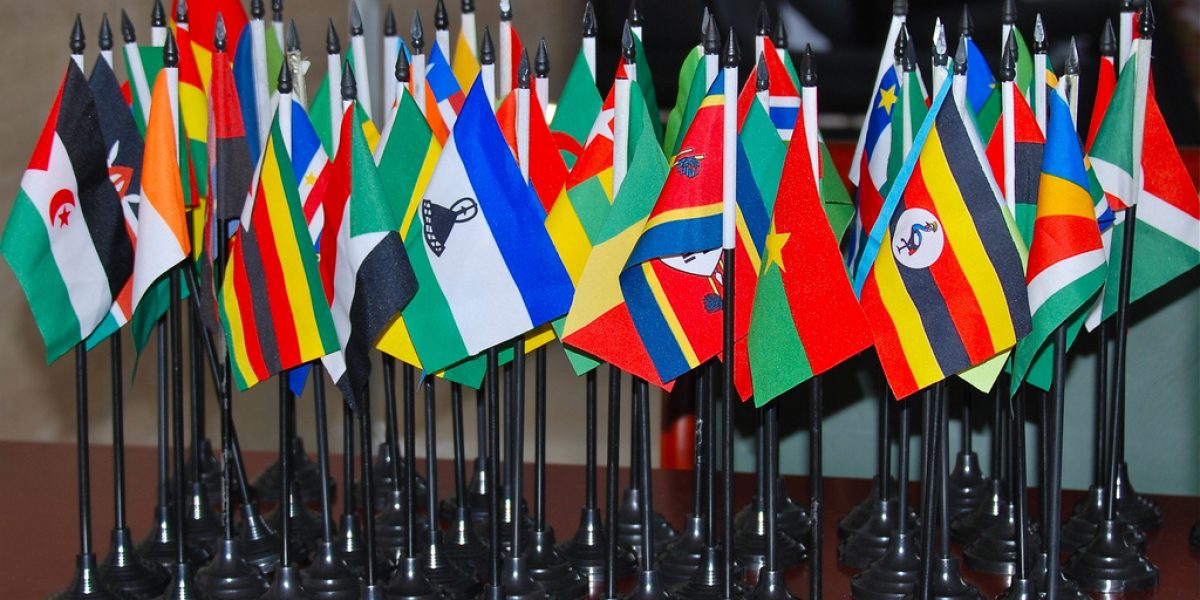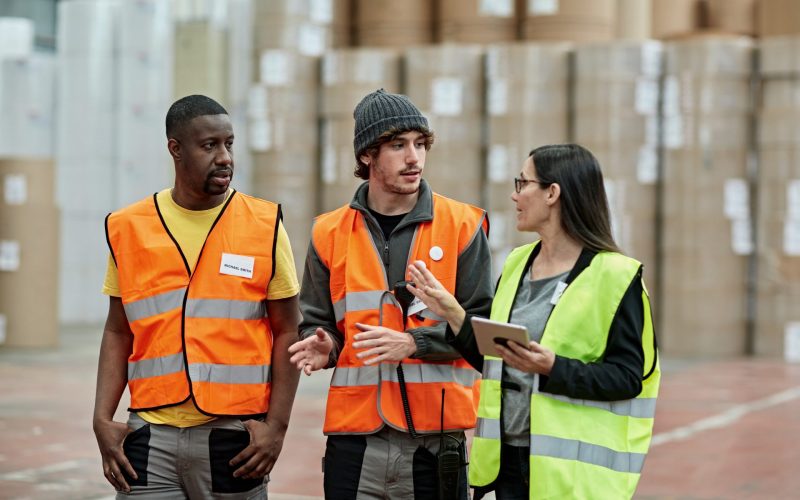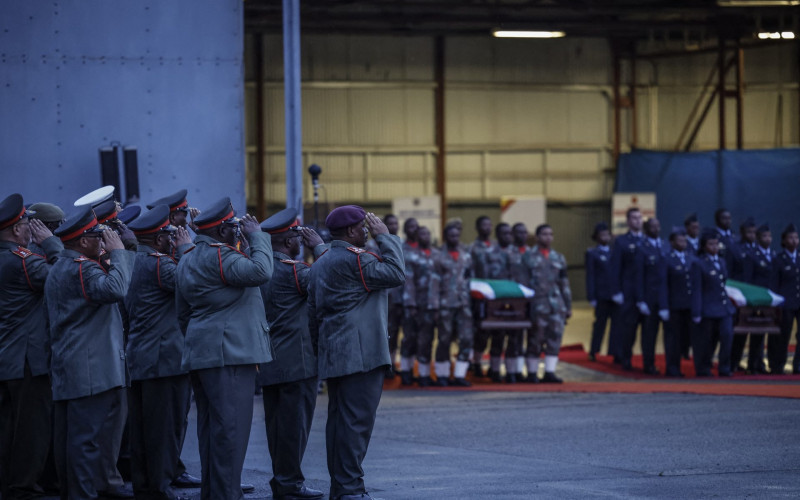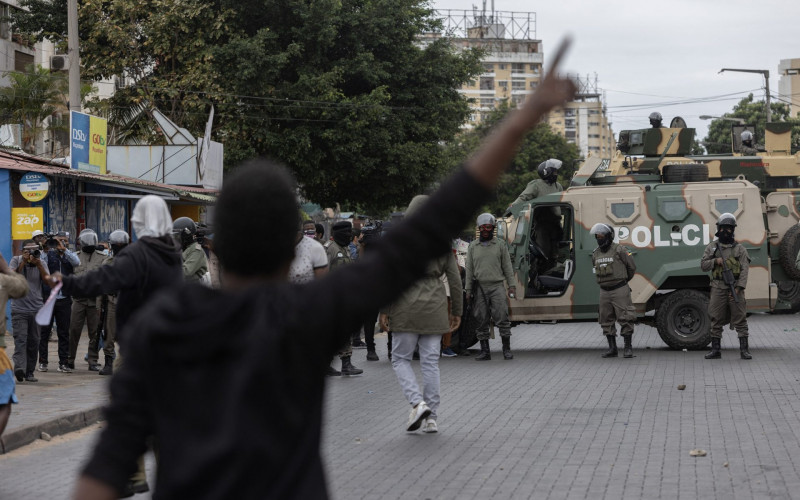You are cordially invited to attend an international workshop for African civil society interested in the African Peer Review Mechanism, jointly hosted by:
- Africa Governance Monitoring & Advocacy Programme (AfriMAP)
- Electoral Institute of Southern Africa (EISA)
- Institut Africain de la Gouvernance/Africa Governance Institute (IAG-AGI)
- Kituo Cha Katiba (Eastern Africa Centre for Constitutional Development (KCK))
- South African Institute of International Affairs (SAIIA)
Venue: the Golf Course Hotel
The APRM: Taking Peer Learning to the Next Level is an international workshop aimed at African civil society organisations (CSOs), to be held just before the meeting of the APRM Forum of Participating Heads of State and Government and the African Union (AU) Summit in Kampala, Uganda in July 2010.
The workshop is intended to take advantage of interest in the AU Summit – not only from civil society but from other African institutions and AU organs – and draw a critical mass of African CSOs from across the continent together to discuss the progress made by the APRM, the roles and experiences of CSOs, and the future challenges that the APRM faces, both at national and continental level.
The workshop will explore the types of peer learning that occurs (or should occur) at many different levels in the APRM – between heads of state, government officials, researchers and CSOs to name just some of the peer groups created by this process – and how this aspect of the APRM can be strengthened in the future.
While the workshop will focus primarily on the experiences and views of African civil society, broadly understood, it will also endeavour to give voice to the views of governments and APRM institutions. It will explore how African civil society can be a more effective participant in all phases of the APRM process, particularly as more and more countries begin to implement their APRM National Programmes of Action.
On the evening of 20 July 2010, two new books on the APRM will be launched at a cocktail function at the Golf Course Hotel in Kampala from 18:30: EISA’s volume of essays on the APRM entitled Peering the Peers: Civil Society and the African Peer Review Mechanism, edited by Grant Masterson, Kojo Busia and Adele Jinadu, and AfriMAP’s compilation of a series of case studies of civil society’s engagement in the APRM in various countries, will be available for free at the function, as well as a variety of other material related to the APRM that will be of use to CSOs.
Please note that this event is by invitation only.
Please contact Mr Jeggan Gray-Johnson at jeggangj@osisa.org or on +27 83 620-0578 for more information.
To be held at the Golf Course Hotel, Plot 64-86,
Yusuf Lule Road, Kampala, Uganda
http://www.golfcoursehotel.com/
20-21 July 2010
The communiqué issued by the workshop is avilable here: English | French
DAY 1: TUESDAY 20 JULY 2010 |
||
| 08:00-09:00 | REGISTRATION | |
| 09:00-09:15 | WELCOME, INTRODUCTION & WORKSHOP GOALS & EXEPECTATIONS | Steven Gruzd, SAIIA |
| 09:15-09:45 | KEYNOTE ADDRESS Introduced by Hon. Mary Munyeni, Pan-African Parliament Bishop Zac Niringiye, Chairperson of Uganda’s APRM National Governing Council “The African Peer Review Mechanism (APRM): Taking Peer Review to the Next Level” Download – English |
|
| 09:45-10:15 | DISCUSSION | Questions following keynote address |
| 10:15-10:45 | TEA | |
| 10:45-13:00 | SESSION 1: THE STATE OF CIVIL SOCIETY’S ENGAGEMENT WITH THE APRM – WHAT HAVE WE LEARNED? Panel discussion
CHAIR: Grant Masterson (EISA) |
This first panel will analyse the varied experiences that CSOs have had in engaging with the APRM over time and across countries. What forms has this interaction taken? What roles do CSO play? How has it adapted over time? What has worked and what has not? And how do ordinary citizens make an impact. |
| 13:00-14:00 | LUNCH | |
| 14:00-15:30 | SESSION 2: LINKING THE APRM & THE CITIZEN – THE ROLES OF CIVIL SOCIETY Panel discussion Arthur Larok (NGOForum) & Lillian Muyomba (ACODE)
CHAIR: Hon. Sarah Bagalaaliwo (Kituo Cha Katiba) |
This panel discussion is based on case studies of CSOs that have participated in the APRM process at national level, with varying degrees of success in influencing process & outcomes. Key issues: the roles that CSOs played in their national APRM process, which groups were included or excluded, the lessons learned, and, critically, what roles CSOs have (or have not) played in the post-review phase, and providing feedback to citizens. |
| 15:30-15:45 | TEA | |
| 15:45-17:15 | SESSION 3: CIVIL SOCIETY VOICES IN THE NATIONAL GOVERNANCE CONVERSATION Panel discussion
CHAIR: Maurice Engueleguele (IAG-AGI) |
This panel discussion would attempt to examine the extent to which civil society views are reflected in country dialogue about governance issues. It would tackle issues such as: To what extent are CSOs part of the national debate(s) on governance? To what extent are subjects raised in APRM Country Review Reports reflected in specific policy discussions? To what extent are CSOs included in the implementation of the National Programmes of Action (NPOAs)? |
| 18:30-20:00 | BOOK LAUNCH – Peering the Peers: Civil Society & the APRM and Case Studies of CSOs and the APRM | Cocktails and light dinner for the launch of two new APRM books edited by EISA and AfriMAP |
PROGRAMME DAY 2: WEDNESDAY 21 JULY 2010 |
||
| 09:00-10:30 | SESSION 4: CROSS-CUTTING ISSUES FOR CIVIL SOCIETY Panel discussion with (all TBC)
CHAIR: Patrick Mpedzisi (Southern Africa Trust) |
This panel will examine the critical weaknesses CSOs face in becoming more meaningful actors with impact in the APRM and broader governance debates. How can they more effectively use the APRM’s findings at national level? What are the prospects and practical challenges going forward? How do CSOs successfully “sustain the dialogue” in their respective countries? |
| 10:30-11:00 | TEA | |
| 11:00-13:00 | SESSION 5: THE REGIONAL DIMENSION: FOSTERING CROSS-POLLINATION & STRONGER NETWORKS Panel discussion with (all TBC)
|
This session would explore how the national experiences can be shared and leveraged in sub-regions and across the continent as a whole. Why has there been so little interaction across countries? What are the impediments to closer networking and peer learning? And how can they be overcome. |
| 13:00-14:00 | LUNCH | |
| 14:00-15:00 | SESSION 6: THE WAY FORWARD & CLOSING Moderated plenary discussion CHAIR: Ozias Tungwara (AfriMAP) |
This final session will look at how peer learning can inform thefuture trajectory of the APRM process, sustain the national dialogue engendered by the APRM, and how to enhance the varied roles and responsibilities of civil society groups and other actors and African processes. A declaration will be presented for comment and endorsement |
| 15:00-15:30 | TEA | |
| 16:00-17:00 | PRESS CONFERENCE Selected panellists and participants will be asked to make themselves available for media enquiries following the workshop |
|







